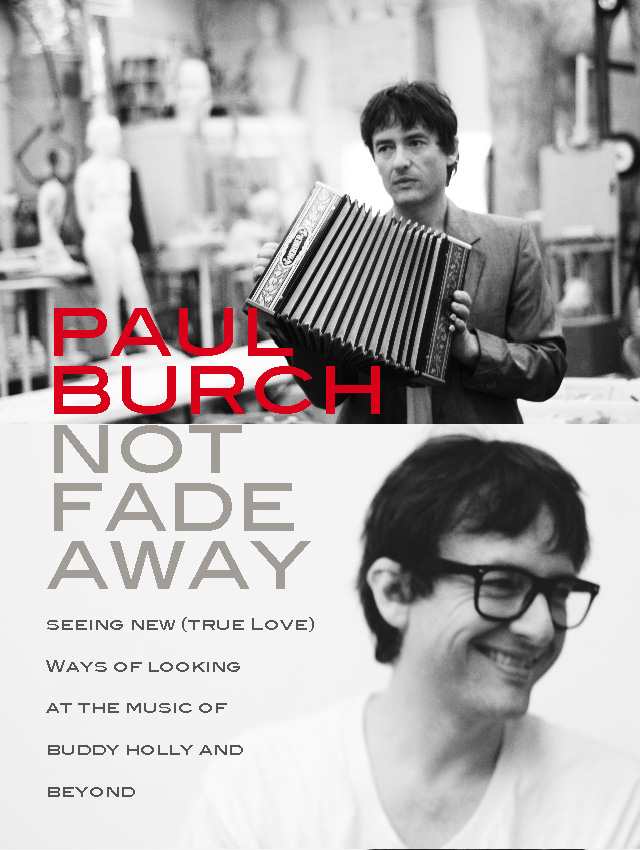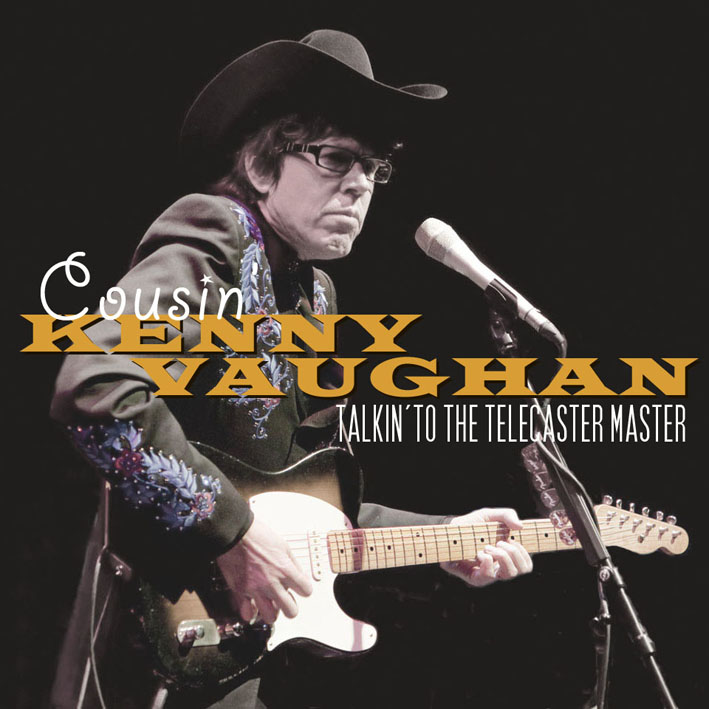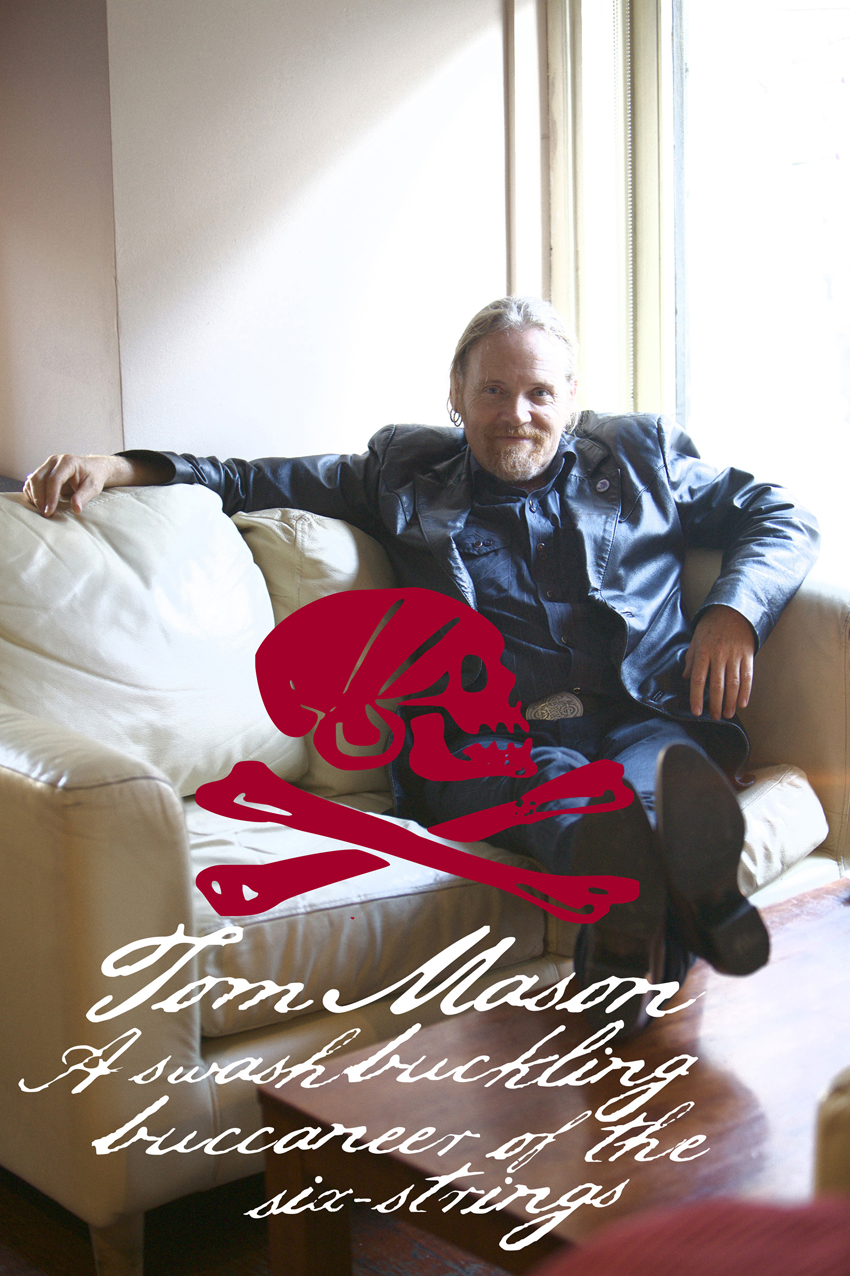 John Miller has been a lifelong country
John Miller has been a lifelong country
music fan, his heroes include icon Hank Williams.
John was also the vocalist/frontman, guitarist
and principal songwriter with Glasgow’s Radio
Sweethearts. He now performs solo or with his
band The Country Casuals.
He has released three solos albums One Excuse
Too Many, Popping Pills and his current album
Still Carrying A Flame, as well as two album
with the Radio Sweethearts New Memories and
Lonesome Blue.
What was the spark that made you decide to write
and play country music as against any other genre
you listened to growing up?
I’ve always had an inclination to sing. When I was
a toddler, according to my mother, I would put on
a regular show in the front room just for her.
This involved standing on the dining table (my
first stage) with a dolly-peg for a microphone
belting out Beatles hits.
I had very varied tastes in music as I was growing
up. When I was at school my friends and I had a
reputation of always being in on the very early
days of the next big thing. I was very into punk
rock in my early teens closely followed by a brief
period as a ska loving skinhead. I remember being
very excited at hearing U2’s Boy and Crocodiles
by Echo and The Bunnymen who quickly became
my favourite band. I was content with that until
1984 when, at the age of 20, my infatuation
with The Smiths began. Their debut album was
released one week before my 20th birthday. What
a gift that was.
When I was 16 I sang in an indie band who were
kind of Echo and the Bunnymen meets The Walker
Brothers. At least we thought so (ha ha). We played
a load of shows, mainly in Glasgow, but sadly never
got to make a record.
The main influence in my life was always Country
Music and has been pretty much the one musical
constant for as long as I can remember. When other
people scribbled pop band names on their school
exercise books I would be writing Hank Williams
in the fanciest font I could manage.
Hank was, I guess, the main influence for me but I
was also exposed to Johnny Cash, Patsy Cline and
Jim Reeves who were almost household names in
the UK. I listened to loads of other great country
singers too, people like Merle Haggard and Waylon
Jennings, and later I would go out and discover
the earlier Country Greats who had influenced
them. Artists like Wynn Stewart, Bob Wills and
Lefty Frizzell.
So, even as an 18 year old playing Glasgow indie
clubs like Maestros (the King Tut’s of it’s day)
I would be happily playing Hank songs at the
soundcheck. This led to me fronting The Hank
Williams Memorial Band formed in late 1983 to
commemorate the 30th Anniversary of Hank’s
death. Interestingly enough the drummer in that
band was one Craig Ferguson (of Late Late Show
fame).
I suppose eventually a country band was inevitable.
Once you had made that decision how did you set
about bringing it to reality?
I actually stopped making music soon after the
Hank thing. That lasted for almost a decade but
I knew if I ever went back it would be to make
Country Music.
My chance came about when Duglas Stewart of
the BMX Bandits introduced me to their drummer
Francis Macdonald.
Frank and I hit it off and he quickly became one
of my best friends. We’d talk endlessly about music.
He liked Gram Parsons and I introduced him
to some older Country Music. One day I pitched
the idea of forming a Country band and very soon
after Radio Sweethearts were born.
The first Radio Sweethearts album was produced
by Kim Fowley, not a particularly established
country music fan and someone who is finding
celluloid fame now in the new Runaways biopic,
how did that happen?
Kim was actually in town to work with BMX Bandits
and Frank persuaded him to stay on and spend a
day recording a single with Radio Sweethearts.
The night before we went into the studio Kim
made me sit down in Frank’s bedroom with an
acoustic guitar and sing every song I had written
while he sat with a sheet of paper giving them
marks out of 10. I still have that sheet of paper.
The next day we were waiting on Kim and Frank
arriving at the studio when we got a fax from Kim
listing the songs he wanted us to record. Unfortunately
the band hadn’t even HEARD some of
them which led to a frantic effort to teach them
the songs before Kim arrived. One fraught 18
hour session later we had 15 songs recorded and
mixed.
These songs formed the basis of the New Memories
album which was released in the US under a deal
brokered by Kim and later, with extra tracks, in
the UK on Francis Macdonald’s Shoeshine label.
Talking of Francis MacDonald (of Teenage Fanclub),
he has been there from the start writing
songs on both Radio Sweethearts albums as well
as playing drums. He was also your label boss for
a couple of albums, how important was he to you?
Frank is a real go-getter and is now a very successful
band manager as well a being a label
boss. Being naturally lazy and entirely ignorant
of the music ‘business’ I wouldn’t have got anywhere
without him. He was the one who found all
the Radio Sweethearts guys within what felt like
5 minutes and was certainly within days of the
band idea being mooted.
He also organised shows and recording sessions
where I wouldn’t have known where to begin.
He continued to support me even after the band
split, playing drums on and releasing my first two
solo albums. He plays drums on the new album
too and continues to be not only my very dear
friend but also a great person to go to when I have
any questions about the business side of things.
Your influences come from classic 50’s to early 70’s
country as well as inspiration from contemporaries
like Dale Watson and Tom Armstrong who draw
from similar sources but has that style of country
music lost it’s path in the dash for cross-over mainstream
success?
You’re absolutely spot on about my influences. I
love lots of Country Music from those decades.
Nashville was producing some great Country Music
then but I think I’m much more influenced by
the California sound of singers like Wynn Stewart
and Merle Haggard.
Meeting people like Dale Watson and Tom Armstrong,
and also Robbie Fulks, was definitely inspirational
for me. It was amazing for me to find
and become friends with people who shared my
idea of what real Country Music was.
The so-called mainstream Country Music of today
bears little resemblance to the Country Music I
know and love. Dale Watson has been very vocal
about it and even states that he doesn’t want his
music to be known as Country because that term
has been hijacked by some other kind of music. I
wouldn’t go that far (ha ha).
To me what I’ve always regarded as Country Music
is still and always will be ‘Country Music’. I just
don’t think of that other music as ‘Country’ at all
though I can see a funny look in some people’s
eyes when I mention that I play Country Music.
I don’t think the confusion is such a problem in
the UK though as a lot of people still have a great
affection for the real thing.
Another factor for the music seems to be, on this side
of the Atlantic at least, the need for some audiences
to listen to nothing but old cover songs. Has that
been a drawback in getting your songs across?
I don’t know how it is in Ireland but we have a
very strange beast here which is known as ‘The
UK Country Scene’. I’ve never been very closely involved
with it, though I have occasionally dipped
my toe in the water, but it seems to resemble no
other ‘Country Scene’ on the planet.
There are a whole load of ‘covers bands’ around,
some of whom are excellent at what they do, but
all of whom seem to be doing much the same
thing.
You can often see 3 different bands over a weekend
at one club but you can safely bet they’ll be
playing the same songs. The sad thing is that
that’s what the audiences seem to want. I guess
there’s a comforting familiarity about it.
There are some bands on the scene who play some
original songs but there’s very little scope on the
UK scene for a band doing predominately original
material. Saying that, I have found some clubs who
are happy to listen to what I’m doing so there is
some hope that things may change.
Another substantial part of the Country Music
scene now is the Linedancing fraternity. They often
have no real interest in the music unless they know
which particular dance accompanies that tune.
Sadly, the linedancers are not confined to the UK.
I recently saw a linedance exhibition in the street
in Grindelwald, Switzerland and have had them
turn up at my bigger shows in Germany.
I don’t mind them too much if they’re dancing at
my show but it does irk me a little bit that I can
tell they’re not really listening to the music. They
generally spend half the song discussing among
themselves which dance they think will fit and
barely get into their stride before the song is over.
It amuses me to see that and I generally follow up
with a song in a different tempo just to confuse
them. The old fashioned waltzers and two-steppers
need no such debate of course. They simply hit the
floor running and have much more fun.
I guess it does make it difficult to get my music
across in those circumstances but I feel it would
be wrong for me to compromise too much. I can
only do what I do and hope for the best.
At this stage in your career what are your expectations
for your music and where it may bring you?
I never ever expected to be a ‘star’ but at one time
I expected I would make a living with my music.
I realised a long time ago that neither of those
things was going to happen. It disheartened me
for a while and for almost two years I turned my
back on music completely. I then spent another
couple of years slowly working my way back in,
still unconvinced if I really wanted to or not.
Once I got used to the idea that it was simply a
passion and not a career I became much happier
again. I made my new album with no expectations
except to share my music with friends around the
world and, hopefully, recoup my costs. If I do that’s
great, if I don’t that’s also great. The main thing
is I’m getting out there and sharing my music. It
would still be nice to make a living though (ha ha).
That you’re still writing and recording is a testament
to your need to get the music out there. You
also play live with your band the Country Casuals
which aspect of the process do you enjoy most?
Yes, I realise now there is still a need inside me
for my music to be heard, or as I prefer it, shared.
This, I imagine, is the case for all music makers.
The writing and recording process can be fairly
stressful as I am on my own mostly and there is
a nagging insecurity that asks if you’re doing the
right thing. I always think my music is never any
good until someone comes up and tells me it’s good.
Playing live is completely different. Your audience
will soon let you know if they’re enjoying the music
or not. Although the lead up to a show, the
arranging and travelling and such, can be tiring
or stressful the time spent on stage is such a thrill.
You can build up a relationship with an audience
that can never exist in a writing or recording environment
so I guess it’s safe to say that playing live
is my favourite part.
Plus the big bonus is that you get to meet some
great people at the live shows. I’ve met a lot of
people that I now regard as personal friends and
that I regularly correspond with.
The inspiration for the material, for telling the
stories, is part of a tradition in Scotland; one of
the root sources for the strands of music that wove
into what became Country Music. Do you feel a
part of that tradition?
Yes, very much so. I feel a great sense of pride in
the historically recognised fact that Country Music
evolved from the music of Scottish and Irish settlers.
I’ve lived my whole life in Scotland but my grandfather
was from deep in the south of Ireland and all
the songs my Mother learned at his knee I learned
at her knee. To me those songs are very much from
that same tradition. Maybe that’s why my songs are
often very melancholy?
Do you think Country Music will ever come to the
fore in the UK where it has little support on mainstream
radio and TV?
I think Country Music in the UK had it’s heyday in
the 70s when they used to have the massive Wembley
Country festivals and Country Stars appeared regularly
on the Val Doonican Show and even Top Of
The Pops. Sadly, I don’t see that ever happening
again. Even the most mainstream Country show in
the UK, Radio 2’s Bob Harris Country, is restricted
to one hour on a Thursday night.
On your myspace page you have also listed acts
like The Beatles, The Clash, The Smiths and Roxy
Music in your influences. Does that add a layer of
inspiration to your writing or are you just a fan?
Mainly I’m just a fan albeit a slightly obsessive
one at times.
Your music is up there with the best of contemporary
country. Does it frustrate you that it doesn’t
achieve broader recognition?
It’s very nice of you to say so. Thanks for that.
‘Broader recognition’ is a strange thing. I’ve no
idea how it comes about although I suspect a lot
of money and a lot of lunches help smooth the
way. Unfortunately I don’t have the resources to
go along that route. Being a truly independent
artist nowadays I don’t really have much clout or
knowledge for that matter and rely solely on the
good auspices of people like Mark Lamarr who
play my music solely on it’s merit. I suspect there
are some people I’ve sent a CD to who haven’t
even listened to it. That’s the price I pay for being
a ‘UK Country Artist’. Some folks can’t see past
that.
It’s odd that the people who consistently have the
least problems with me being a non-American act
are the Americans themselves. They seem to like
my music just fine.
The fact that the majority of the UK media choose
to tar everyone on the UK Country scene with the
same brush is extremely frustrating sometimes.
I have to point out that I do get a fair amount of
support from some sections of the UK media but
there is still a certain level of unecessary resistance
out there.
Do you have some favourite songs that you have
recorded that you feel hit the nail on the head for
you in terms of writing and recording?
Wow, that’s a tough question to answer. Off the
top of my head I’d say I still have a very soft spot
for Heart On The Line from the second Radio
Sweethearts album. Also This Pain Inside and,
from the latest album, My Dreaming Party. I also
love Two Into Three Won’t Go from my second
CD. Whether they are benchmark recordings or
not I couldn’t say but I like them as songs.
What’s next for John Miller?
Who knows? More of the same I would guess. I’d
like to play and see more places including a return
to the Emerald Isle someday. I’m open to offers
(smiles).















